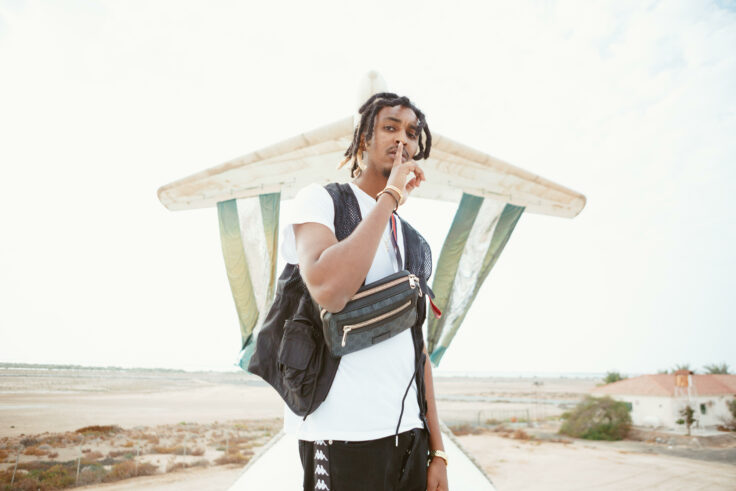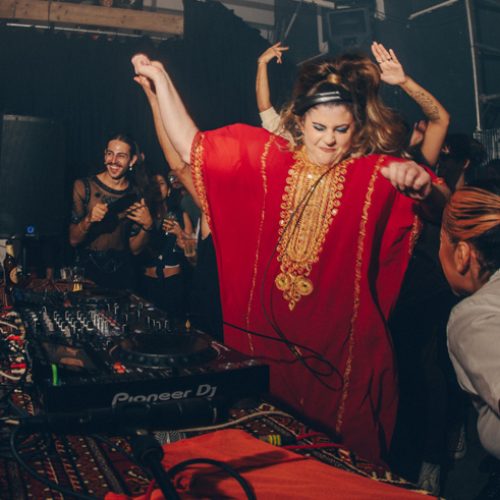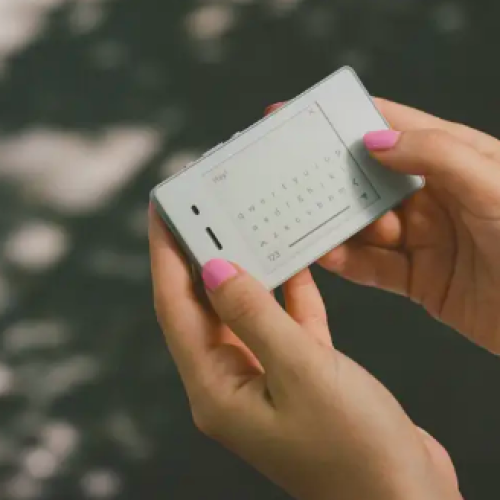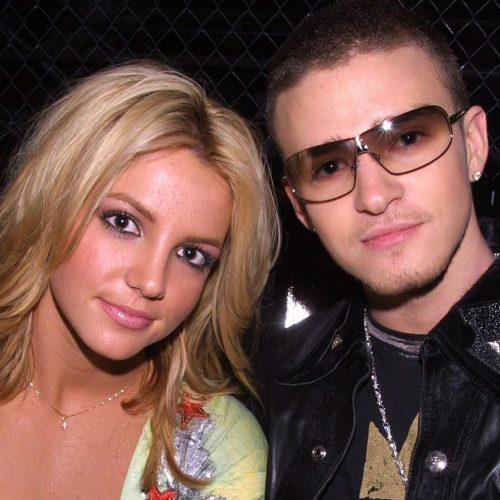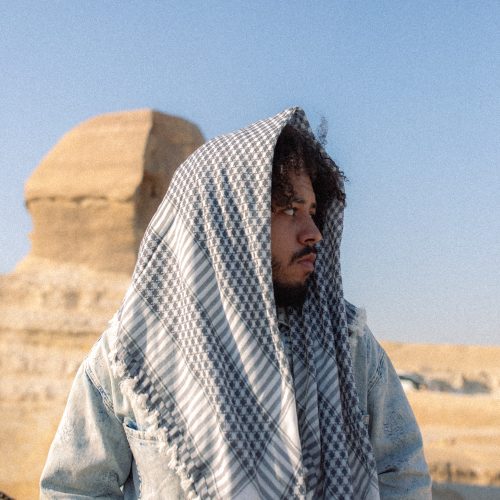“I want to define our own sound”, says 28-year-old UAE-born and raised Somali rapper Freek, whose latest drill song Wala Kilma (‘not a word’ in English) was recently reposted by cult UK hip-hop channel Link Up TV and consequently amassed more than 300,000 views on YouTube.
Born out of Chicago, drill—a subgenre of hip-hop historically constructed around gang rivalries—went global thanks to rapper Chief Keef’s success, gaining huge popularity in the post-grime British scene over the past few years, with rappers such as 67 and Zone 2 at the forefront of the movement.
But although gang culture doesn’t exist in the UAE (a country that’s considered to be one of the safest places in the world), Freek is now confident he can take the subgenre to new, unexpected heights, having successfully introduced the first Arabic drill track to the internet, cementing it as a legitimate thing.
Freek started listening to heavy metal when he was just nine or 10 years old because he “ liked the energy”, but growing up, he quickly became involved in skateboarding and subsequently hip-hop too. “I was more into conscious rap”, he says, “but about five years ago, I decided I needed to merge all my influences into one powerful thing and that’s how I did Arabic drill trap.”
Comparing life in London’s ends and Abu Dhabi (where Freek is currently based) might seem like a stretch at first, but the reality is, inner-city teenagers across the world are likely to go through common struggles, particularly when they’re from less visible communities. In a country where political criticism is closely surveyed and with the longest list of banned substances in the world, it’s obvious that some young people feel trapped and disoriented. As Freek puts it, “it’s not just a fairy tale here”. Having seen friends go to jail and suffer from overdoses, the rising rapper wants to use hip-hop to become the voice of a forgotten minority, in desperate search for guidance. “I want to show people that there is a way”, he adds.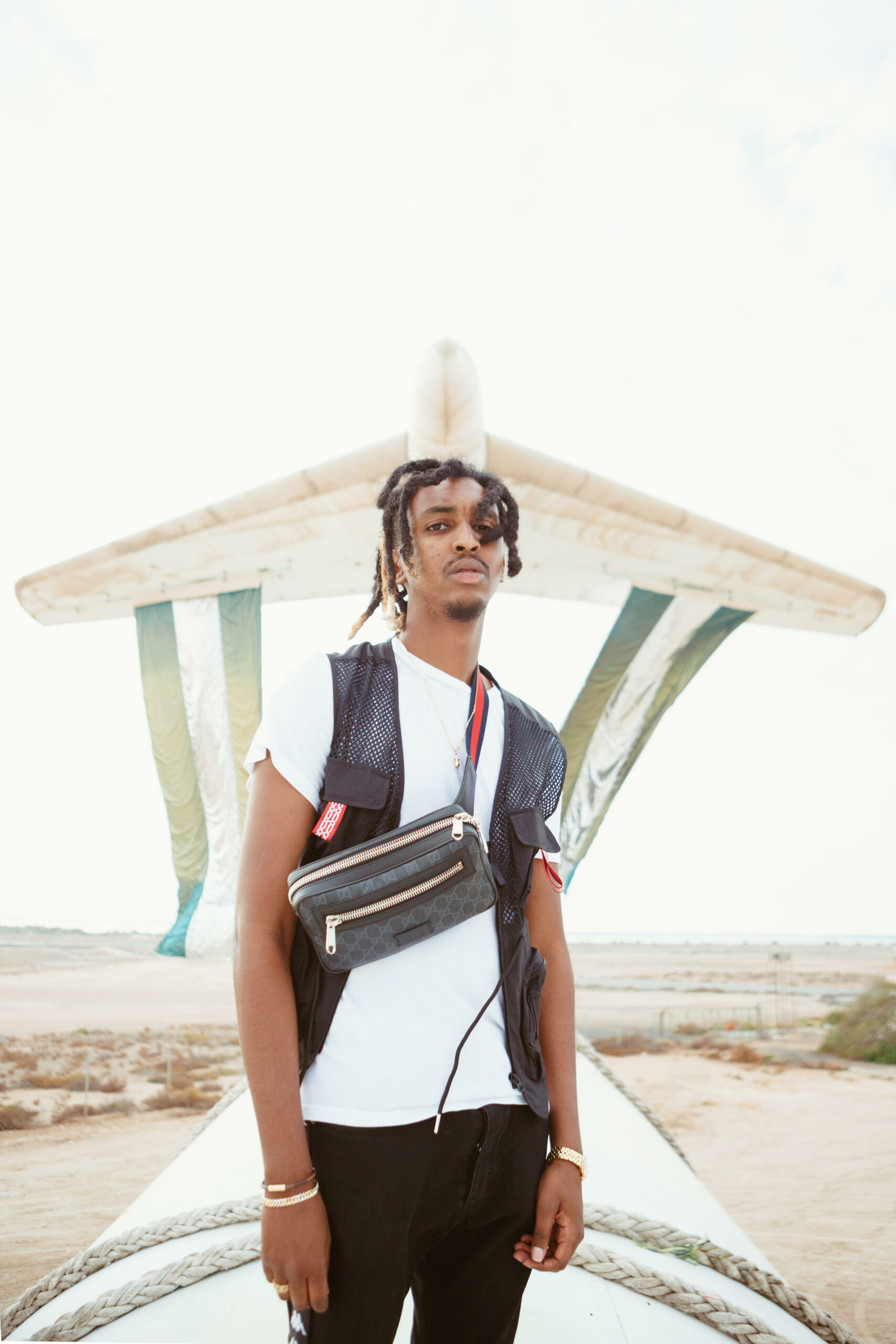 What makes Freek even more promising is how much his musical vision isn’t appropriative. Not only do his lyrics steer clear of violence and never include swearing, he is the only person in the local scene actually rapping in Arabic and defining the local drill dialect. “People tend to chose English for the exposure, but I want to rep where I come from”, he explains. While the industry is saturated with artists mimicking and recycling each other’s sounds, deciding to be unique isn’t an easy choice. But his courageous bet is paying off, as although Freek doesn’t have songs in English, he is just about to collaborate with British artists for the first time. His now-viral Link Up TV repost caught the attention of none other than Fire in the Booth’s DJ Charlie Sloth, who came up with the idea of a Wala Kilma remix featuring emerging rappers Eyez and Young Tribes, which will be recorded and shot later this month in Dubai.
What makes Freek even more promising is how much his musical vision isn’t appropriative. Not only do his lyrics steer clear of violence and never include swearing, he is the only person in the local scene actually rapping in Arabic and defining the local drill dialect. “People tend to chose English for the exposure, but I want to rep where I come from”, he explains. While the industry is saturated with artists mimicking and recycling each other’s sounds, deciding to be unique isn’t an easy choice. But his courageous bet is paying off, as although Freek doesn’t have songs in English, he is just about to collaborate with British artists for the first time. His now-viral Link Up TV repost caught the attention of none other than Fire in the Booth’s DJ Charlie Sloth, who came up with the idea of a Wala Kilma remix featuring emerging rappers Eyez and Young Tribes, which will be recorded and shot later this month in Dubai.
The local fashion and music scenes have been evolving at a fast pace, firmly putting the city on the global street culture map. Huncho Jack’s (a duo comprised of Travis Scott and Quavo of Migos) recent hit Dubai Shit is a testament to the fact that the world is now fully aware of the UAE. With 80 per cent of his streams currently coming from Europe, Freek is confident that this is the best time to measure himself against artists from outside the region, and be the proud pioneer of an evolving scene. As he notes, “I feel like it’s the first time real quality is being produced here and we’re finally ready to show it to the world”.
Photography by @lughass





